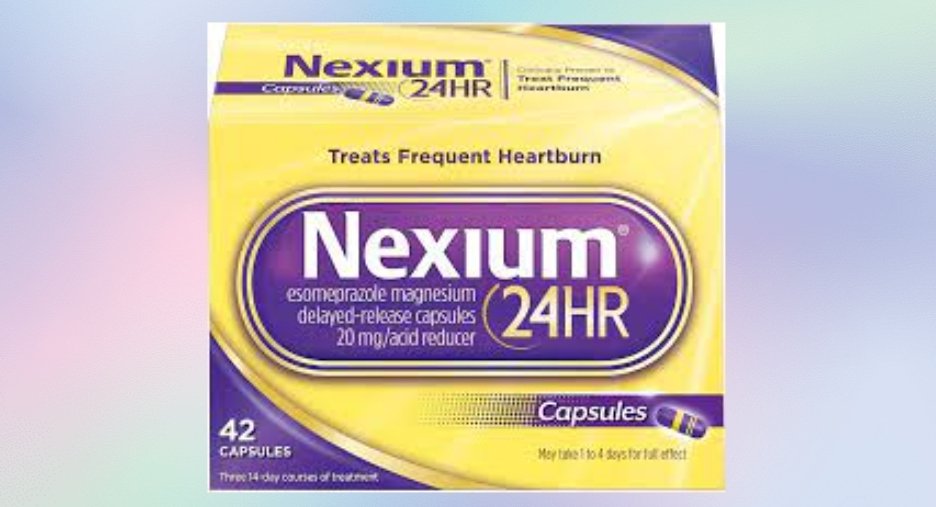
Nexium, a widely prescribed medication, belongs to the class of proton pump inhibitors (PPIs) and is commonly used to treat acid reflux, GERD, and related gastrointestinal issues. While Nexium can be effective in managing these conditions, it’s important to be aware of potential interactions with other substances. This article aims to provide a comprehensive guide on what not to take with Nexium to ensure its optimal effectiveness and your safety.
Understanding Nexium and Its Function
Before delving into potential interactions, let’s briefly understand how Nexium works. Nexium, or esomeprazole, works by reducing the production of stomach acid. This can help alleviate symptoms associated with excessive stomach acid, such as heartburn, regurgitation, and stomach ulcers.
Avoid Taking Nexium with the Following:
1. Antacids: While antacids also help in reducing stomach acid, taking them along with Nexium can interfere with its effectiveness. If you need quick relief from heartburn while on Nexium, consult your healthcare provider for alternative solutions.
2. St. John’s Wort: This herbal supplement is often used to treat depression and anxiety. However, it can interact with Nexium and reduce its efficacy. If you’re considering St. John’s Wort, consult your doctor for potential alternatives.
3. Clopidogrel (Plavix): Clopidogrel is a medication commonly prescribed to prevent blood clots. When taken with Nexium, it may reduce the anti-clotting effects of clopidogrel. If you’re on both medications, your healthcare provider might recommend an alternative PPI.
4. Certain Antifungal Medications: Antifungal drugs like ketoconazole and itraconazole can affect the absorption of Nexium. It’s advisable to inform your doctor if you’re on any antifungal medication.
5. Methotrexate: Used to treat conditions like rheumatoid arthritis, methotrexate can have increased levels in the body when taken alongside Nexium. Your doctor might need to adjust your methotrexate dosage accordingly.
6. Digoxin: Digoxin is used to treat heart conditions. Taking it with Nexium can lead to elevated levels of digoxin in the blood. Regular monitoring and dose adjustments may be necessary.
7. Iron Supplements: Nexium can reduce the absorption of iron from supplements. If you need to take iron supplements, consider taking them at a different time of day than Nexium or as advised by your healthcare provider.
General Tips for Taking Nexium:
Always take Nexium as prescribed by your doctor.
Inform your healthcare provider about all medications, supplements, and herbs you’re taking.
If you experience any unusual symptoms while on Nexium, consult your doctor promptly.
Consider taking Nexium about an hour before meals for maximum effectiveness.
If you miss a dose, take it as soon as you remember. If it’s close to the time for the next dose, skip the missed dose and resume your regular schedule.
Nexium can be a valuable medication for managing acid-related gastrointestinal issues. However, to ensure its optimal effectiveness and your safety, it’s crucial to be aware of potential interactions with other substances. Avoiding certain medications and supplements, as outlined in this article, can help you make the most of your Nexium treatment. Remember, always consult your healthcare provider before making any changes to your medication regimen, and prioritize open communication about your health concerns.